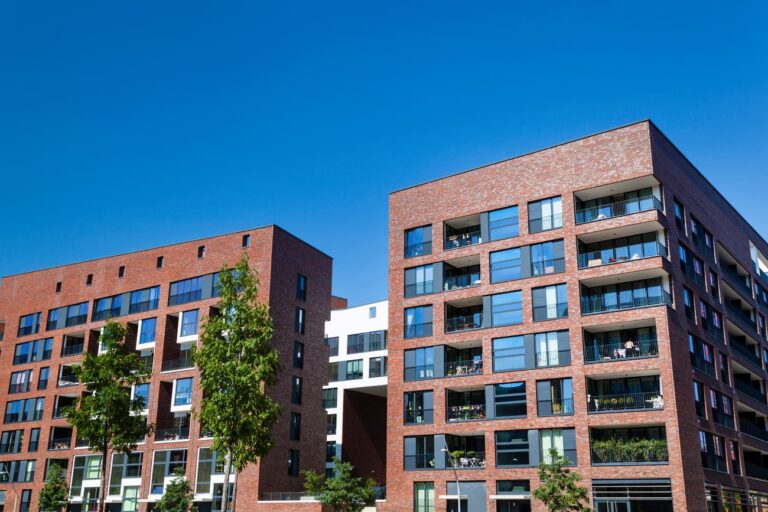Comparable rent customary in the locality
The local comparative rent specifically refers to the rent that is customary for comparable residential space in the same town or municipality. According to the law, landlords may not demand a rent increase if the rent paid already equals or exceeds the comparative rent. Exceptions are extensive modernization measures. In addition, a local comparative rent can also be determined by the court.
The rent index
The rent index serves as a tool for determining the local comparative rent. This has its own database, which is used to generate average rents based on comparable housing over the past four years. The rent index always refers to the respective city or municipality and is determined by tenant and landlord associations together with the cities.
Rent brake – what is it?
The Rent Control Act was passed in the summer of 2015 and is intended to address the problem of rent increases and affordable housing. In concrete terms, this means that rental costs in cities and towns in which such a rent brake applies may not be more than 10% above the local comparative rent when a new tenancy is concluded. The law also regulates in which localities a rent brake may be set, how long it is valid, to which exceptions it does not apply, and what the legal consequences are for landlords who disregard it. Under the rent brake, the amount of rent is based on the limit of the local comparative rent. This in turn means that the rent index determines the rent brake.
What criteria must be met for a rent brake to be imposed?
The respective state government must decree the rent brake for certain areas, giving reasons why the housing market is tight and why such a brake is necessary.
Criteria for Regulation:
- Rental costs rise more sharply than in nationwide comparison
- Average rent exceeds the national average
- Less living space with a steadily growing population
- Exceptions: New construction first-time rentals, modernization measures and existing rentals.
What happens if the landlord disregards the Mietpreisbremse?
If the landlord does not adhere to the rental costs specified by the Mietpreisbremse, you as a tenant have the right to only make a payment in the permitted amount. If you have already paid too much in advance, you can have amounts refunded.



